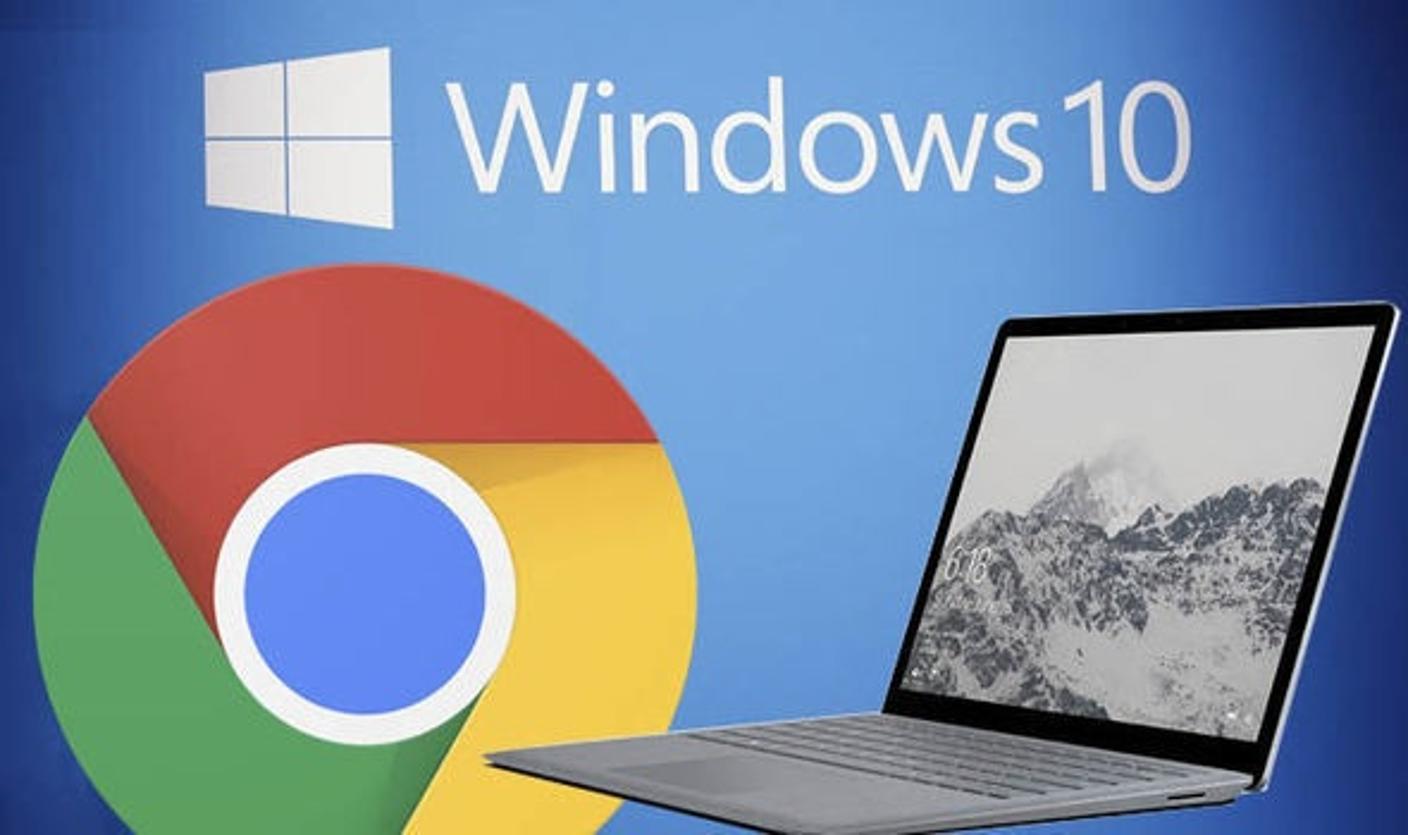In a strategic move aimed at curbing electronic waste and prolonging the usefulness of numerous PCs, Google has revealed its intention to introduce an auto-updating version of the Chrome operating system for Windows devices, in response to Microsoft’s forthcoming end of support for Windows 10.
On Wednesday, Google’s parent company Alphabet unveiled the ChromeOS Flex initiative. This program promises continuous security updates and features like data encryption, ensuring ongoing functionality for users of Windows 10 systems beyond Microsoft’s scheduled support termination.
Microsoft’s decision to end support for Windows 10 by October 14, 2025, has prompted widespread industry attention. Following this deadline, regular security updates, bug fixes, and technical assistance from the tech giant will cease, prompting customers to transition to Windows 11 or explore alternative solutions.
However, a recent report from Canalys Research predicts the potential disposal of approximately 240 million PCs due to the termination of Windows 10 support.
The anticipated decline in demand for devices lacking security updates is significant. Nevertheless, many Windows 10 PCs are expected to remain operational for an extended period post-support termination.
As of January 2024, ChromeOS had secured a modest 1.8 percent share of the global desktop OS market, significantly trailing behind Windows’ dominant position, which commands approximately 73 percent, according to Statcounter data.
ChromeOS’s limited compatibility with legacy Windows applications and productivity suites has hindered broader adoption among businesses.
In response to this challenge, Google has announced plans for ChromeOS to facilitate the streaming of legacy Windows and productivity applications, effectively delivering these applications to devices by running them on a centralized data center.
Google’s initiative holds the potential to reshape the operating system market landscape and salvage older PCs from obsolescence. The response from businesses and individual users to this development remains to be seen.
It said that ChromeOS would allow users to stream legacy Windows and productivity applications, which will help deliver them to devices by running the apps on a data centre.







